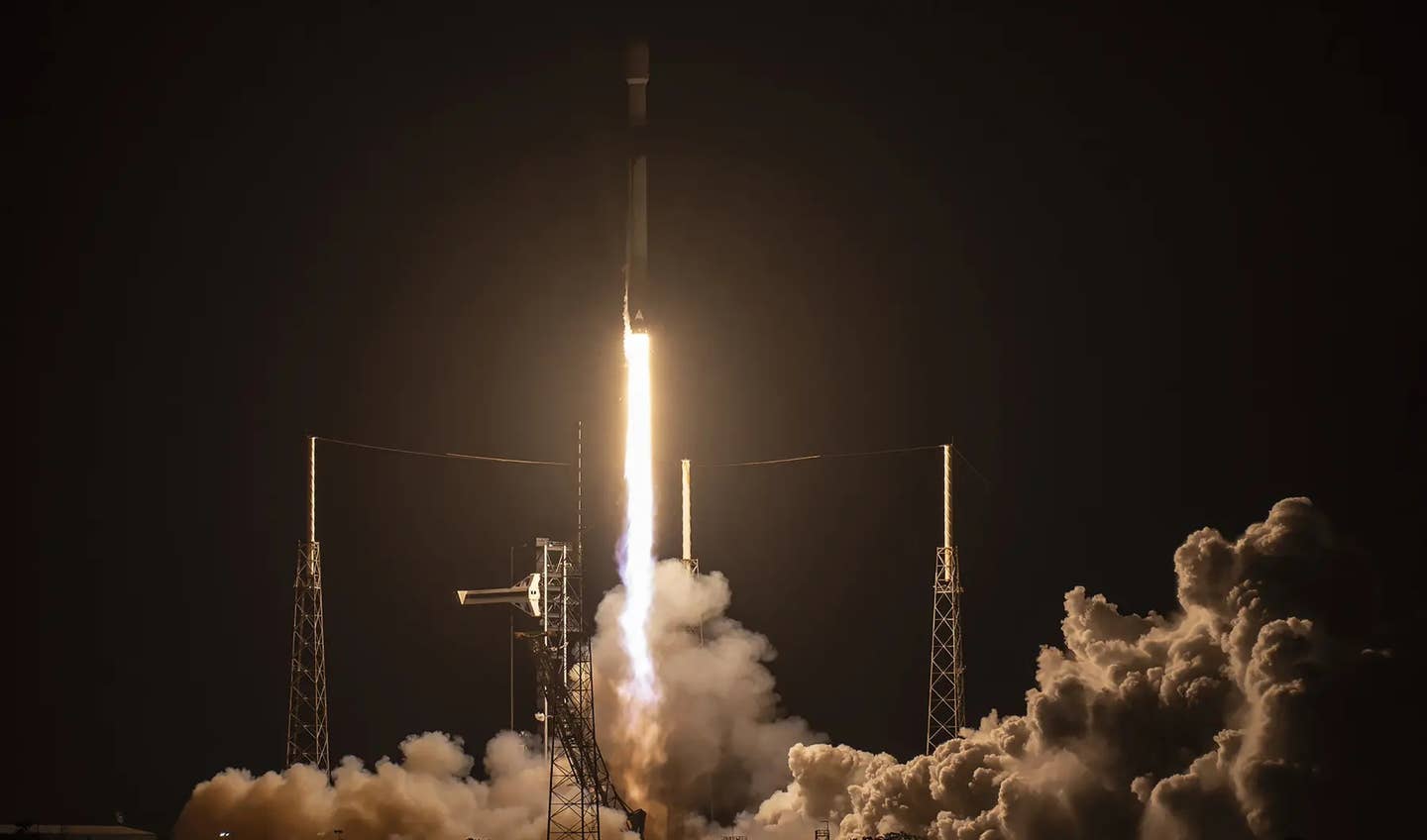Boeing’s $243M Plea Deal Rejected by Federal Judge
Agreement denied over discrimination concerns with independent monitor selection process.

The federal government and Boeing now have 30 days to meet and give the court an updated plan on how they will proceed. [Credit: Katie Zera/AirlineGeeks]
Boeing’s plea deal regarding criminal fraud conspiracy charges over two fatal 737 Max accidents that occurred in 2018 and 2019 has been rejected by a federal judge.
In the plea deal, Boeing would have accepted responsibility for the conspiracy to defraud the federal government, paid a $243 million fine and cooperated with the Justice Department’s ongoing investigation.
According to a court order filed Thursday, U.S. District Judge Reed O’Connor of the U.S. District Court for the Northern District of Texas rejected the agreement due to discrimination concerns over the process of selecting an independent compliance monitor for Boeing.
Under the terms of the plea deal, the monitor would have been selected by and have reported to the federal government. The monitor’s job would have been to make sure Boeing implemented a program designed to prevent and detect violations of U.S. fraud laws at the company.
Additionally, Boeing would have been allowed to block one of six monitor candidates from being hired by the government.
O’Connor stated that the victims’ families would rather the monitor be selected by and report to the court to guarantee compliance. Additionally, the families argued that the court should reject the plea agreement because monitor selections will be made “in keeping with the Department’s commitment to diversity and inclusion,” which they say could make race a factor in picking a monitor.
“After listening to arguments on this issue at the October 11, 2024, hearing, the Court requested the government and Boeing file supplemental briefing to explain how this specific provision furthers anti-fraud and ethics compliance and how it will practically be applied to the monitor-selection process,” O’Connor wrote in the rejection. “The briefing was telling.”
O’Connor stated that after the court issued its order requiring the supplemental briefing, Boeing removed its diversity, equity and inclusion (DEI) goals from its website.
“Accordingly, based on Boeing’s supplemental briefing and its policies, the court is concerned Boeing will exercise its strike of one of the government’s six chosen monitor candidates in a discriminatory manner and with racial considerations,” he wrote.
As for the federal government, O’Connor stated the court was concerned with the government’s “shifting and contradictory explanations of how the plea agreement’s diversity-and-inclusion provision will practically operate in this case.”
“… [T]he Court is not convinced in light of the foregoing that the Government will not choose a monitor without race-based considerations and thus will not act in a non-discriminatory manner,” he wrote. “In a case of this magnitude, it is in the utmost interest of justice that the public is confident this monitor selection is done based solely on competency. The parties’ DEI efforts only serve to undermine this confidence in the Government and Boeing’s ethics and anti-fraud efforts. Accordingly, the diversity-and-inclusion provision renders the plea agreement against the public interest.”
Both parties now have 30 days to meet and give the court an updated plan on how they will proceed.
Editor’s Note: This article first appeared on FreightWaves.

Sign-up for newsletters & special offers!
Get the latest FLYING stories & special offers delivered directly to your inbox






